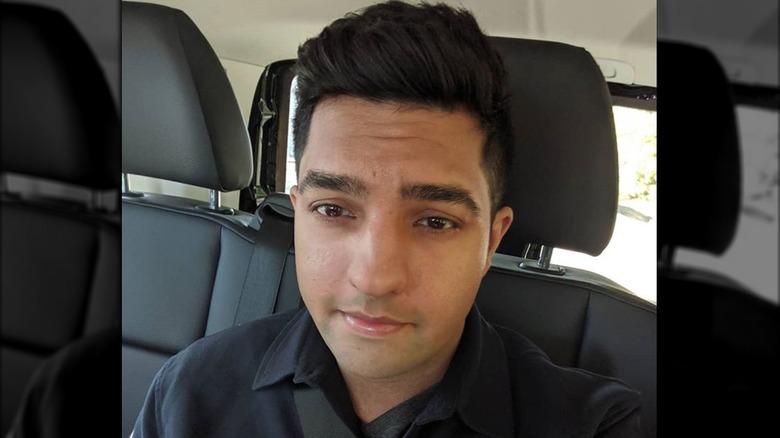Streamers Are Furious After New DMCA Warnings Force Their Hands
The music industry and the internet have a pretty complicated relationship; one that didn't really start off on the best foot. If you were around during the late '90s, you might remember file sharing services like Napster and LimeWire. Before Apple had the iTunes Store and before Spotify was a thing, these apps helped popularize the act of downloading music from the internet, albeit illegally. The music industry has been fighting tooth and nail to shut down internet piracy ever since, often invoking something called the Digital Millennium Copyright Act.
Now that act, better known as the DMCA, is being used to delete clips on Twitch. What's worse: Twitch streamers aren't being given any details about how their clips violated the DMCA. They're essentially in the dark.
A report from Dexerto rounds up comments from numerous streamers who received an email from Twitch recently. The email reads, in part, "We are writing to inform you that your channel was subject to one or more of these DMCA takedown notifications, and that the content identified has been deleted."
Typically, those subject to DMCA takedowns on websites have some recourse if they wish to challenge the action. As Twitch states in its email, though, "We recognize that by deleting this content we are not giving you the option to file a counter-notification or seek a retraction from the rights holder."
Twitch appears to view this as a courtesy; a preemptive measure to keep streamers from receiving a "strike" that could potentially cause them to be removed from the platform. Some streamers, however, are not very happy about this decision.
"It is INSANE that @Twitch informs partners they deleted their content – and that there is more content in violation despite having NO identification system to find out what it is," wrote streamer Devin Nash. "Their solution to DMCA is for creators to delete their life's work. This is pure, gross negligence."
"Got hit with a DMCA on twitch and no idea what it was that did it," wrote Lirik.
To some, the frustration streamers feel may be warranted. After all, this situation is one that seems easy to pin on Twitch. The platform took a laissez-faire approach to copyright enforcement when it came to music, muting clips with copyrighted material but otherwise allowing streamers to play their tunes during live broadcasts without consequence.
But even that may change now, according to gaming industry lawyer Noah Downs.
"These DMCA notices are legit and apply to your old content," Downs wrote. "I've received word that live takedowns may be implemented very soon – this is the beginning."
By the looks of it, the music industry has stepped up its efforts to enforce copyright on Twitch, leaving the platform between a rock and a hard place. On one hand, Twitch wants to keep its streamers from being in violation of copyright law. On the other hand, though, Twitch has deemed it necessary to take action here without giving streamers a heads up. It's not even telling them what their content did to violate the DMCA, which could be problematic when you consider that some DMCA takedown notices are later deemed illegitimate.
For now, it seems streamers have no recourse and no way to get their old clips back. As Devin Nash noted in his tweet, these clips constitute the "life's work" of some creators, and the on-demand copies stored on Twitch's servers may have been the only ones that existed.
Going forward, streamers may have to be more careful about what's played on their streams. As Noah Downs advised in the second part of his tweet, "Don't play music you don't have the rights to, and if you have questions, speak to a lawyer."
Streamers may also have to record their own clips so that their work is not lost. As Twitch has shown, it has no problem going in and deleting old content if it feels it's necessary. Those without backups could find themselves without a video they want to use later on if that video ends up being removed for a potential DMCA violation.
Above all else, though, Twitch may need to find a better way to deal with the DMCA notices it receives. The platform is under no obligation to host content that violates copyright, but it could offer a way for streamers to respond to claims, or perhaps hammer out a deal with the music industry so streamers can play music without fear of losing their work and potentially their livelihoods.
This likely won't be the last story about DMCA takedowns happening on Twitch. If more happens on this front, we'll be sure to let you know.

